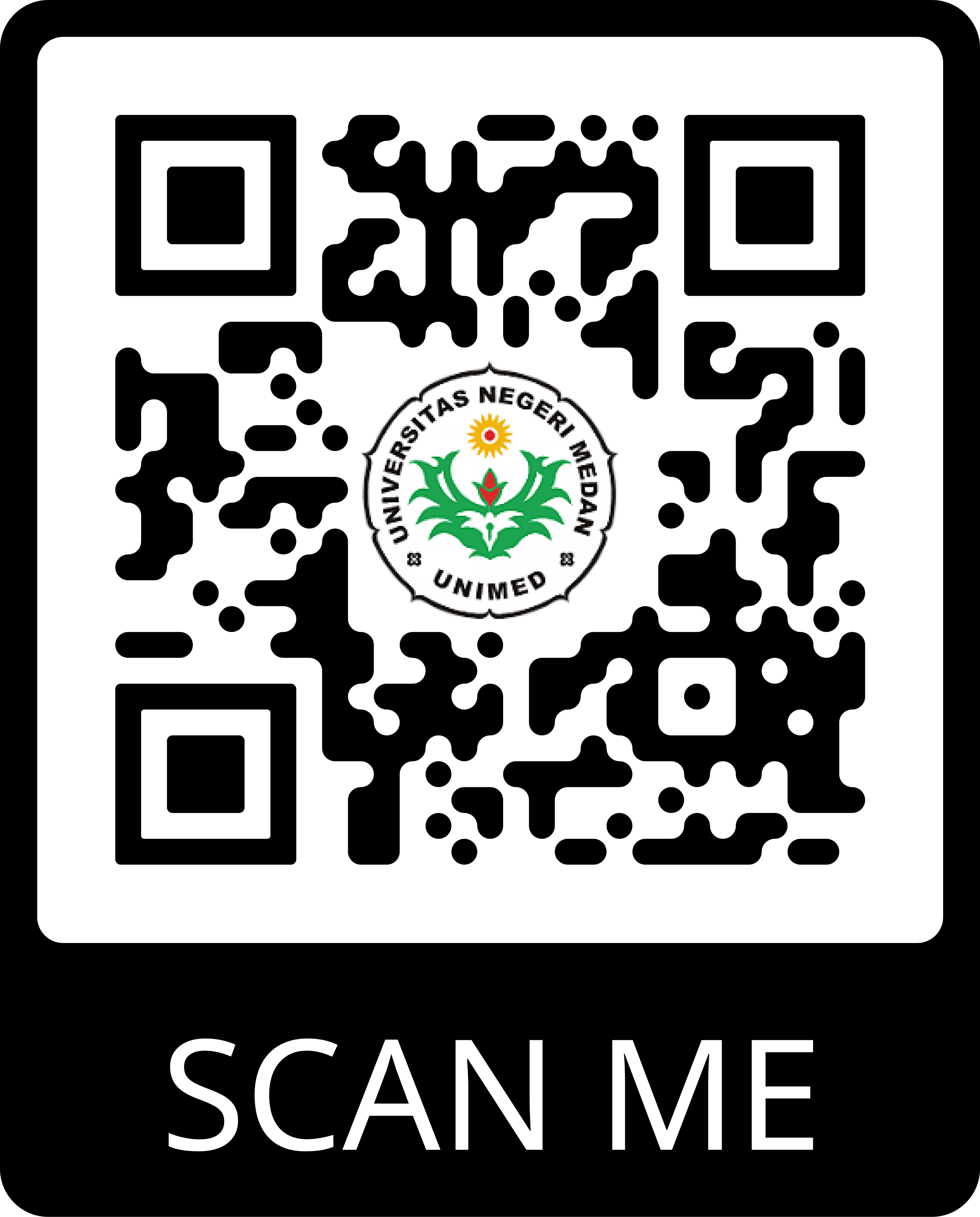ANALYSIS OF PHYSICS LEARNING INSTRUMENTS BASED PROBLEM BASED LEARNING MODEL
Abstract
Keywords
Full Text:
PDFReferences
Amiruddin,K., & Supriyatman. (2013). Pengembangan Perangkat Pembelajaran Fisika Bagi Siswa Smp Negeri Di Daerah Tertinggal.Program Studi Pendidikan Fisika FKIP Universitas Tadulako, Indonesia. Jurnal Pendidikan Fisika Indonesia 9 (2013): 99-105 Arends, R.I. (2012). Learning To Teach, Ninth Edition. United States : Library of Congress Cataloging-in-PublicationData. Borich, G.D. (2007). Effective teaching methods research-based practice (6th ed). Upper Saddle River: Pearson Merrill Prentice Hall Clark, C. M., & Lampert, M. (1986). The study of teacher thinking: Implications for teacher education. Journal of Teacher Education,37, 27–31. Fahkrudin, A., Hartono., & Sutikno. (2013).Pengembangan Perangkat Pembelajaran Fisika Kesehatan Berbasis Masalah Untuk Meningkatkan Penalaran Dan Penguasaan Konsep Mahasiswa Kebidanan. Program Pascasarjana Pendidikan Ilmu Pengetahuan Alam Universitas Negeri Semarang. Jurnal Pendidikan Fisika Indonesia 9 (2013):106-112 Hake, R. (1998). Journal: Interactive Engagement meet Versus Traditional Methods, A SixThousand-Student Survey of Mechanics Test Data for Introductory Physics Courses. American Journal of Physics 66.64-74-1998 available at http://physics.indiana.edu/:sdi/&
Majid, A. (2008). Learning Plan. Bandung : PT Remaja Rosdakarya. Mark, J.N. (2005). Problem Based Learning: An Introduction and Overview of the Key Features of the Approach. Journal of Veterinary. Nasution, R.H. (2016). Pengembangan Perangkat Pembelajaran Fisika Berbasis Model Problem Based Learning untuk Meningkatkan Hasil Belajar Siswa SMA. Tesis Program Pascasarjana Unive rsitas Negeri Medan. Sessoms, D. (2004). Interactive instructions: creating interactive learning environments through tomorrow’s teachers. International Journal of Technology in Teaching and Learning, 4 (2), pp.86-96. Thiagarajan, S., Semmel, D.S., & Semmel, M.I. (1974). Instructional Development for Training Teachers of Exceptional Children: A Sourcebook. Indiana:Indiana University. Wijayanti. (2015) . Developing Teaching Kit Based On The Theory Of Bruner In Grade Four Students Of Sd Labschool UNESA. Jurnal Prima Edukasia Zuhdan. (2011). Pengembangan Perangkat Pembelajaran Sains Terpadu untuk meningkatkan Kognitif, Keterampila Proses Sains , Kreativitas serta Menerapkan Konsep Ilmiah Peserta Didik SMP. Jurnal Program Pascasarjana UNY.
DOI: https://doi.org/10.22611/jpf.v5i2.4405
Article Metrics
Abstract view : 521 timesPDF - 471 times
Refbacks
- There are currently no refbacks.
Copyright (c) 2016 Jurnal Pendidikan Fisika

This work is licensed under a Creative Commons Attribution 4.0 International License.
___________________________________________________________________________________________________________________________________________
Jurnal Pendidikan Fisika
p-ISSN : 2252-732X | e-ISSN : 2301-7651
Organized by The Magister of Physics Education Departement in State University of Medan in collaboration with Physical Society of Indonesia (PSI)
W: https://jurnal.unimed.ac.id/2012/index.php/jpf/index
E : jpfunimed@unimed.ac.id
rajo.hasim@gmail.com (principal contact)

_____________________________________________________________________________________________________________________________________________

This work is licensed under a Creative Commons Attribution-NonCommercial 4.0 International License.





